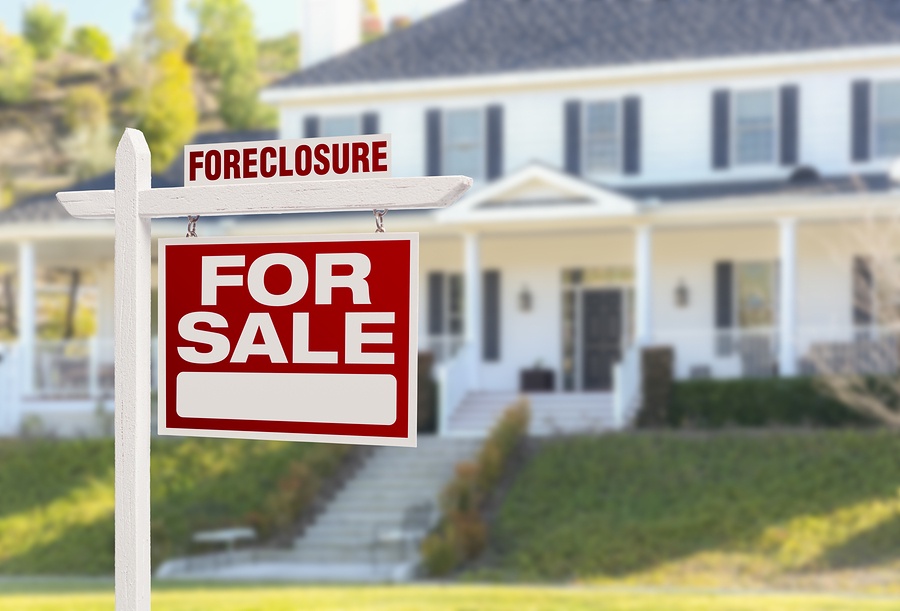What to Know About Foreclosures on Reverse Mortgages
If you or an elderly parent have (or are thinking about getting) a reverse mortgage, there are things you need to know about how these types of mortgages work. And yes, you may still have to deal with the threat of foreclosure.
What is a Reverse Mortgage?
With inflation skyrocketing, many seniors on fixed incomes are struggling with the rising cost of living. If you are a homeowner of 60 or over, you may be eligible for a reverse mortgage. Unlike a traditional mortgage, where you are given a lump sum and pay it back month by month, a reverse mortgage uses your home equity to pay you every month. The reverse mortgage comes due when you die or sell the home (learn more about what types of reverse mortgages are available in New York).
But like any other financial agreements with lenders, there are terms and conditions you need to pay careful attention to. While a reverse mortgage sounds like a great idea, there have been far too many unscrupulous lenders who have taken advantage of elderly clients, with catastrophic results.
Why Would a Lender Foreclose on a Reverse Mortgage?
Normally, the bank will claim the debt when you die. But they can also start a foreclosure process for any of the following reasons, known as a “maturity event”:
- You stopped paying property taxes, homeowners insurance, and/or homeowner association fees – you are still legally responsible for all taxes, premiums, and fees.
- You stopped maintaining the property – you’ve avoided needed repairs to the home and neglected the yard.
- You haven’t lived in the home for 12 months – if the bank feels that you no longer live in the home, they will foreclose.
- Your heirs who have inheritance rights to the property refuse to turn it over to the lender – unlike mainstream residential mortgages, your lender is entitled to allthe proceeds from the sale of your property.
Aren’t There Laws to Protect Against Predatory Lenders?
Now there are. In 2020, New York passed a new law mandating that lenders planning on foreclosing on a reverse mortgage had to:
- provide notice to the New York State Department of Financial Services
- provide proof that the federal Department of Housing and Urban Development has granted prior approval to accelerate the loan
- provide proof that the lender sent a default notice to the homeowner
- provide loss mitigation information to the homeowner
You can read the actual statutes here – NY Real Prop L § 280-D (2021.
Also, as part of New York State law, your reverse mortgage lender must give you 90 days’ notice before they start the foreclosure process, so you have the time to fix whatever triggered the maturity event. Your lender must also offer to set up a settlement conference with them to discuss ways to stop a possible foreclosure.
How Can We Fight a Reverse Mortgage Foreclosure?
Even with all these laws and regulations, sometimes a foreclosure still happens. With the right foreclosure lawyer at your side, there are a number of ways to defend a reverse mortgage foreclosure suit.
Did you trigger a maturity event? There are dozens of requirements for lenders to offer a reverse mortgage (review N.Y. Comp. Codes R. & Regs. tit. 3 § 79.11 here). If any of these mandates aren’t followed, your foreclosure lawyer may be able to get the case thrown out.
If you feel an elderly parent who signed up for a reverse mortgage was not legally competent to do so, your foreclosure attorney can use that to fight the foreclosure.


No comments yet